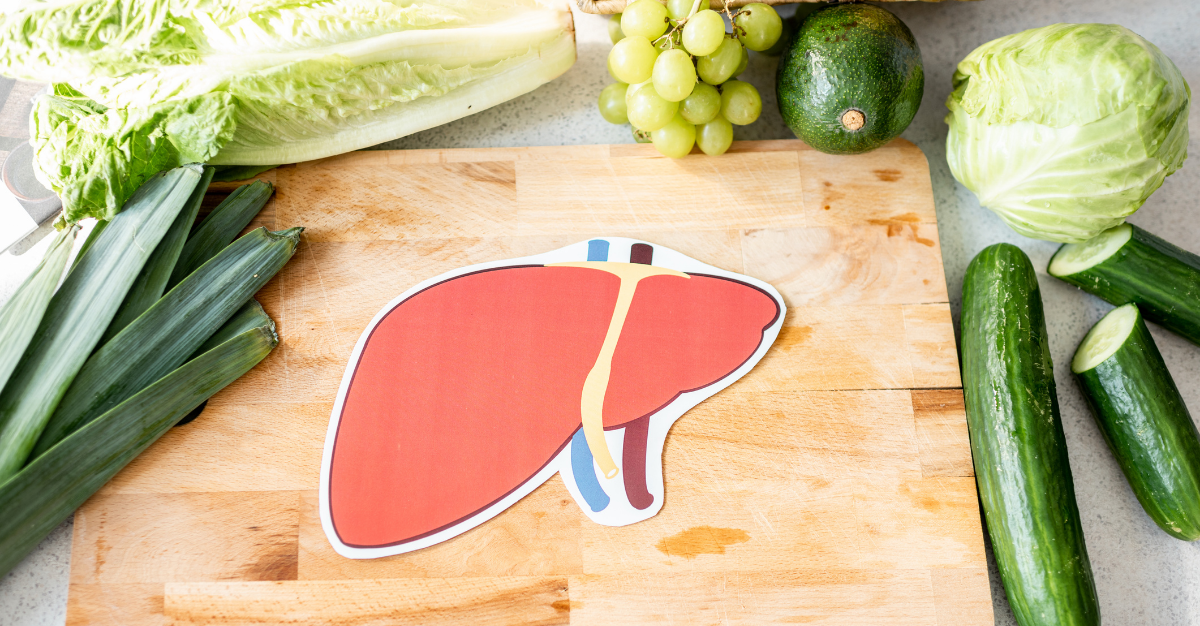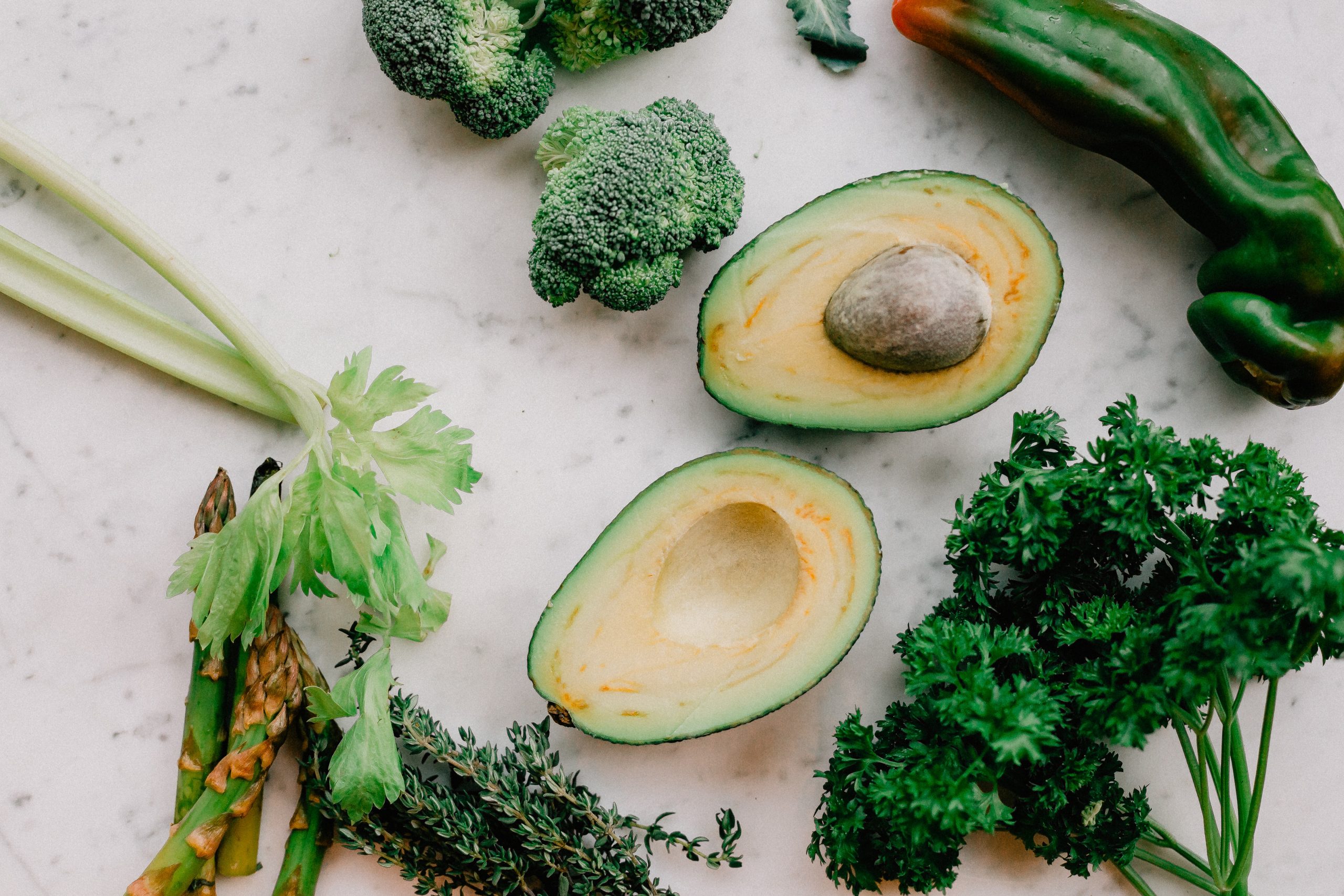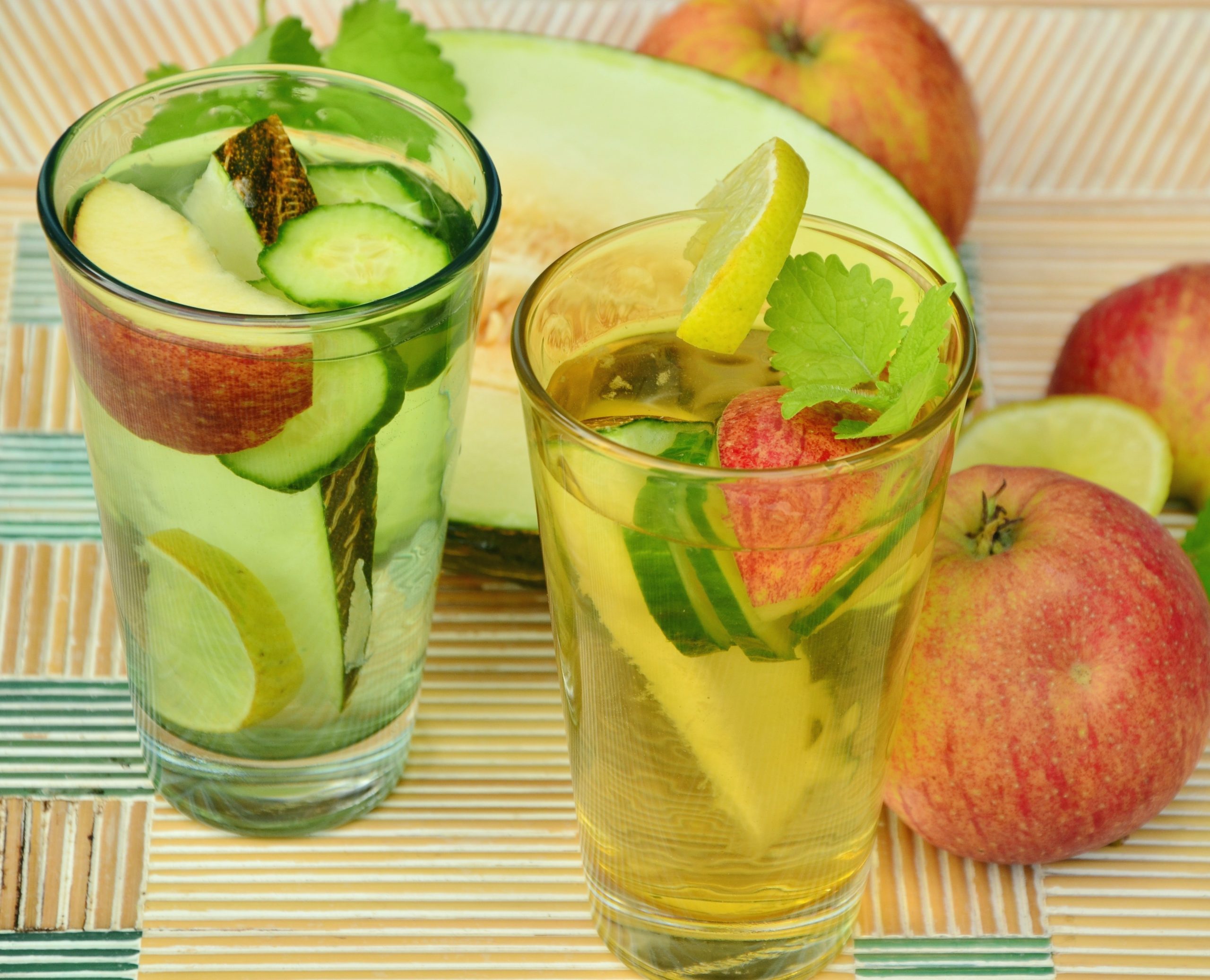
Your liver is the largest organ in your body, and it plays a vital role in your overall health. Many people assume liver problems only develop in people with alcohol dependencies, but the incidence of liver problems like nonalcoholic fatty liver disease (NAFLD) is rising rapidly, particularly among younger people. Alarmingly, up to 30% of the population in North America and Europe are affected by a fatty liver. It’s important not to neglect your liver health, because it performs many important functions in your body – over 500 bodily processes involve your liver!
Primary Functions of The Liver
On the surface, the liver’s job sounds straightforward. The digestive system delivers blood to the liver through the portal vein. Once that blood arrives, cells in your liver called hepatocytes act as a filtration system to remove toxins and create energy. The detoxification process helps your body rid itself of harmful substances like excess hormones, harmful food additives, and environmental pollutants. Behind that simple explanation, however, lies a complex network of processes that include:
- Producing gamma globulin, which is essential for immunity
- Manufacturing hormones
- Creating the proteins necessary for blood clotting
- Producing cholesterol
- Regulating blood sugar
- Metabolizing carbohydrates, fat, and protein to deliver energy
- Storing vitamins and minerals, and releasing them as needed
- Filtering toxins
- Breaking down waste products and delivering them back to the digestive system for elimination
- Producing bile to break down fat
With so many functions in its wheelhouse, it’s not surprising that liver problems can have a deep impact on your health. One of the most common is NAFLD, in which fatty tissues build up in your liver. Left untreated, this can develop into cirrhosis and even liver cancer.
Warning Signs of a Sluggish Liver
One of the most common and debilitating symptoms of liver problems is overwhelming, unexplained fatigue. One study found that patients with a fatty liver frequently experience extreme fatigue during the day no matter how much they slept the previous night. Pain in the upper right quadrant of the abdomen is another symptom. Other possible indicators of liver problems include:
- Swelling in the stomach and legs
- Mysterious rashes
- Jaundice, or a yellowing of the skin and the eyes
- Muscle aches
- Mood swings
- Headaches
- Fuzzy thinking
- Hormonal imbalances leading to problems like severe PMS and low libido
6 Ways to Support Liver Health
The good news is that your liver is amazingly resilient. It’s one of the few organs that can regenerate under the right conditions, so healthy lifestyle changes can go a long way to restoring liver health. Below are some strategies to support your liver.
1. A liver-friendly diet. Focus on a well-rounded, whole foods diet. The “Mediterranean Diet” with its emphasis on fresh produce, seafood, and healthy fats is often recommended for liver health.
Because of the tight interconnection between your liver and your digestive system, maintaining healthy gut health is important. High-fiber complex carbohydrates like beans and oatmeal have been proven effective in fighting NAFLD, as have leafy green vegetables like spinach.
At the same time, reduce or eliminate processed sugar and white flour intake. These foods not only lead to weight gain, but they can also raise your blood sugar, which taxes your liver. Similarly, choose unsaturated fats like olive oil over saturated fats like butter, as saturated fats increase the amount of fat in your liver.
2. Exercise. One of the biggest risk factors for NAFLD is being obese, so steps towards weight management are important. Work with a healthcare provider to determine the safest, most sustainable approach for you. A sedentary lifestyle is also linked to a higher prevalence of NAFLD, and it’s important to note that this risk is separate from the obesity risk – even people within a healthy weight range are at risk if they’re not moving enough. Exercise also stimulates another powerful detoxification process: sweating!
3. Eliminate alcohol and cigarettes While NAFLD is different from liver disease caused by excessive alcohol, it’s still wise to give your liver a break. A liver that is already sluggish is more vulnerable to damage from alcohol than a healthy liver.
4. Stay hydrated. Water is an important part of the liver’s detoxifying mechanisms and helps to dissolve fat and fiber.
5. Supplement wisely. A number of supplements can bolster liver health, including:
- Turmeric: The curcumin in turmeric has been found to reduce fat in the liver.
- Garlic: Studies have linked garlic to lower liver fat, triglycerides and LDL cholesterol.
- Ginger: The anti-inflammatory properties of ginger reduce inflammation in the liver.
- Ginseng: Although ginseng has been shown to improve liver function, it can also interact with some medications and damage the liver, so always use under supervision of a healthcare practitioner.
- Licorice. Chinese medicine has used licorice root to treat liver ailments for centuries.
- Milk thistle: As a powerful antioxidant, milk thistle may help reduce liver inflammation.
6. Detoxify your environment. Pesticides, fungicides, household cleaners, food additives, pollution… your liver faces a lot of toxins every day. Although it’s difficult to eliminate many environmental toxins, try to make conscious choices about the things that you surround yourself with, including toiletries, cleaning products, and household items. That includes things that affect your psychological health – studies have linked excess stress with liver disease.
If you’d like to learn more about protecting your liver, we can help you put together a workable plan!
Sources:
Nonalcoholic fatty liver disease in adolescents and young adults: The next frontier in the epidemic, Iliana Doycheva,Kymberly D. Watt,Naim Alkhouri, First published: 19 January 2017 https://doi.org/10.1002/hep.29068
Lonardo A, Nascimbeni F, Maurantonio M, Marrazzo A, Rinaldi L, Adinolfi LE. Nonalcoholic fatty liver disease: Evolving paradigms. World J Gastroenterol. 2017 Sep 28;23(36):6571-6592. doi: 10.3748/wjg.v23.i36.6571. PMID: 29085206; PMCID: PMC5643282
Newton JL, Jones DE, Henderson E, Kane L, Wilton K, Burt AD, Day CP. Fatigue in non-alcoholic fatty liver disease (NAFLD) is significant and associates with inactivity and excessive daytime sleepiness but not with liver disease severity or insulin resistance. Gut. 2008 Jun;57(6):807-13. doi: 10.1136/gut.2007.139303. Epub 2008 Feb 12. PMID: 18270241.
Mokhtari E, Farhadnejad H, Salehi-Sahlabadi A, et al. Spinach consumption and nonalcoholic fatty liver disease among adults: a case-control study. BMC Gastroenterol. 2021;21(1):196. Published 2021 May 1. doi:10.1186/s12876-021-01784-8
Bahrami, A., Teymoori, F., Eslamparast, T. et al. Legume intake and risk of nonalcoholic fatty liver disease. Indian J Gastroenterol 38, 55–60 (2019). https://doi.org/10.1007/s12664-019-00937-8
Anania C, Perla FM, Olivero F, Pacifico L, Chiesa C. Mediterranean diet and nonalcoholic fatty liver disease. World J Gastroenterol. 2018;24(19):2083-2094. doi:10.3748/wjg.v24.i19.2083
van der Windt DJ, Sud V, Zhang H, Tsung A, Huang H. The Effects of Physical Exercise on Fatty Liver Disease. Gene Expr. 2018;18(2):89-101. doi:10.3727/105221617X15124844266408
Rahmani S, Asgary S, Askari G, Keshvari M, Hatamipour M, Feizi A, Sahebkar A. Treatment of Non-alcoholic Fatty Liver Disease with Curcumin: A Randomized Placebo-controlled Trial. Phytother Res. 2016 Sep;30(9):1540-8. doi: 10.1002/ptr.5659. Epub 2016 Jun 8. PMID: 27270872.
Soleimani D, Paknahad Z, Rouhani MH. Therapeutic Effects of Garlic on Hepatic Steatosis in Nonalcoholic Fatty Liver Disease Patients: A Randomized Clinical Trial. Diabetes Metab Syndr Obes. 2020;13:2389-2397. Published 2020 Jul 7. doi:10.2147/DMSO.S254555
Murray MT. Glycyrrhiza glabra (Licorice). Textbook of Natural Medicine. 2020;641-647.e3. doi:10.1016/B978-0-323-43044-9.00085-6








